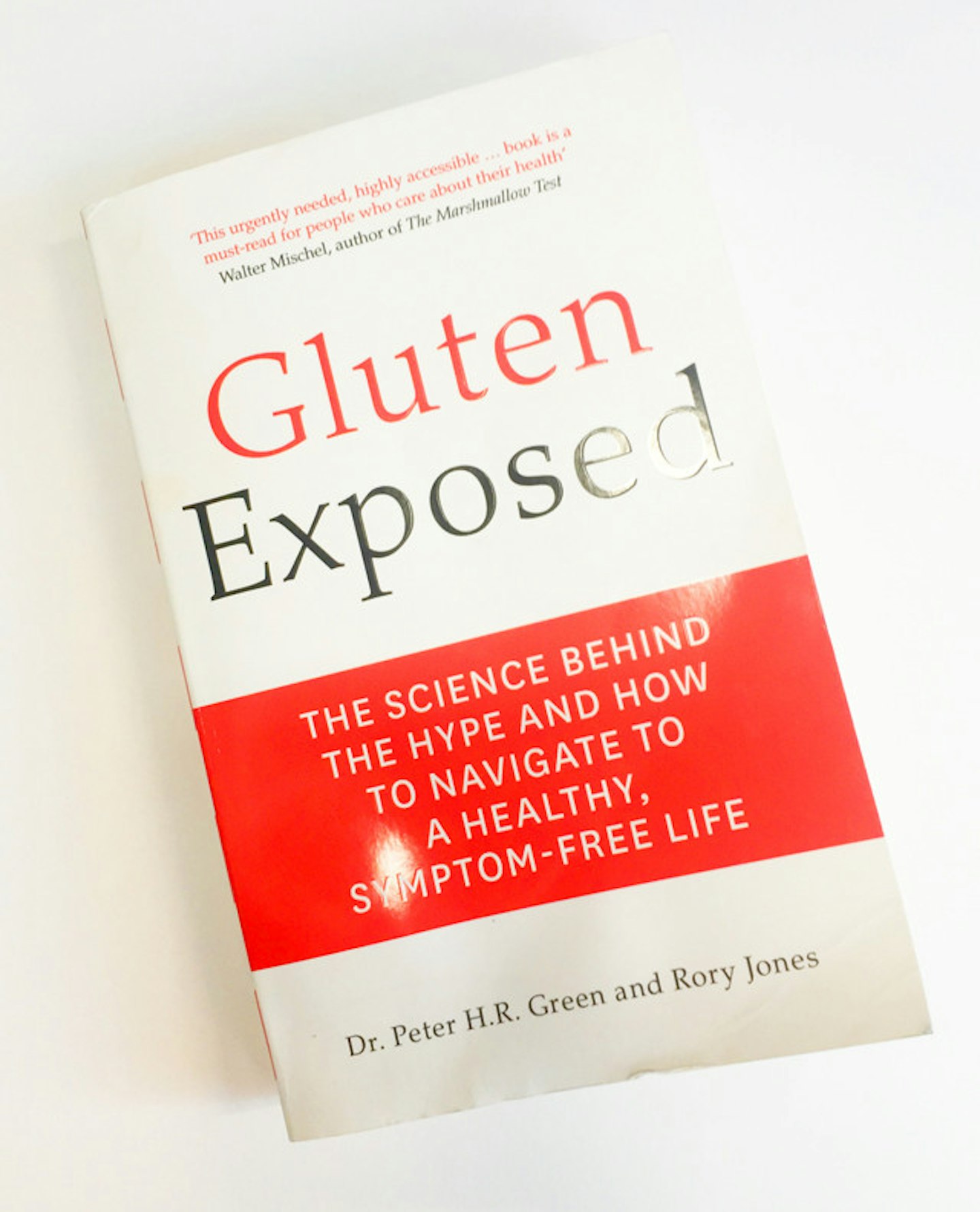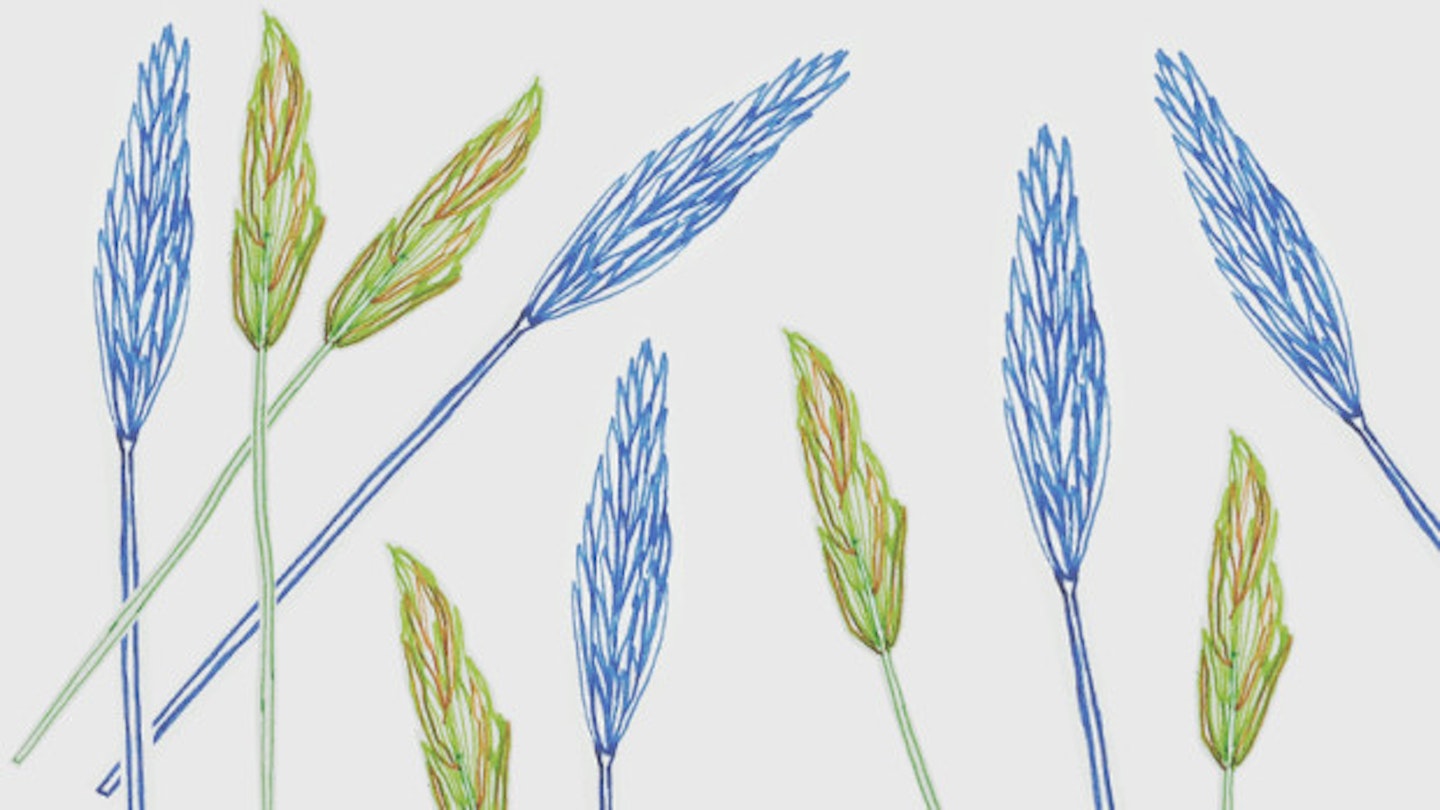In the past couple of years, you’ve probably had a few friends who’ve gone gluten-free. Hell, you’ve probably turned down a few cakes and pieces of toast yourself.
All in the name of 'health'.
A recent study said that 30% of the population in the US have kicked gluten to the curb. Here in the UK, 10% of households contain someone who thinks that gluten is inherently bad for them.
Amongst young women, my friends at least, that number appears to be much, much higher. I currently have more friends who avoid wheat and gluten than eat it.
‘It bloats me’, is a common complaint people have about gluten. That or ‘it makes me tired’ and ‘it exacerbates my IBS’. Things have gone so far in America that a gluten free lifestyle is being used to treat brain disorders. According to Rory Jones, medical writer and co-author of new book Gluten Exposed, approximately 30% of children who have an autism spectrum disorder have been put on a gluten free diet
But how much evidence is there that gluten is actually bad for us? Or, that cutting it out of your diet is good for you? As it turns out, unless you’ve got a serious problem like Celiac Disease, not a whole lot.
‘Gluten has become the new dietary craze.’ Rory says when we speak to her about her book that she wrote with Dr. Peter H. R. Green, the director of the Celiac Disease Center at Columbia University. Rory herself is Celiac and knows firsthand what it’s like to have a severe aversion to gluten.

‘Book after book, article after article has come out with unscientific pseudoscience about what the diet can do.’ Says Rory. On the other side, gluten has been blamed for any number of things. 'From autism to cardiovascular disease…. I mean you name it, they’ve blamed it on gluten!’ She says incredulously.
It was for this this reason that Rory was keen to write the book. ‘People read the headline. They don’t read the whole article. They take what they want and when people believe something so strongly if you try and change their mind you get them holding onto that belief even stronger. We thought it was time to put a little bit of science back into the pseudoscience.’
Many people who don’t eat gluten will argue that they are gluten intolerant. In fact, as Gluten Exposed says, this intolerence, known as 'Non-Celiac Gluten Sensitivity' is tough to define. There is currently no definitive test to confirm it’s presence and Rory reckons that many of the people defining themselves as gluten intolerant are mistaken. ‘You can’t self-prescribe when food is the main treatment,’ She says. ‘They’ve done studies where a good percentage of people who believe they’re gluten intolerant are actually not. But if you believe in something, you get the placebo effect; if it appears to make 90% of the people who are [cutting gluten out] better, then you’re going to feel better.’ More importantly, she says, removing gluten from your diet as a fix, rather than getting diagnosed by a doctor, is a chance to miss an opportunity to be properly diagnosed.
In fact, your tummy irritation, ‘foggy’ brain, bloating and fatigue could be down to something else entirely.
Rory herself is very interested in the effects FODMAPs have on different people. FODMAPs (Fermentable Oligosaccharides, Disaccharides, Monosaccharides and Polyols - yeah sexy) are a group of carbohydrates (gluten falls under the FODMAP umbrella) some of which some people have trouble breaking down. Rather than gluten being the main offender, Australian researcher Peter Gibson reckons that actually, garlic and onions are two of the biggest problems, as is fructose. Fructose, as Rory says, doesn’t absorb into the intestines well and can easily create gas and bloating; two of the things that are often pinned on gluten intolerance. ‘Sometimes, taking the fructose out of your diet is enough to prevent bloating without even having to touch gluten.’ She says.
A huge reason behind the popularity of a gluten free diet is the inevitable weight loss. ‘Really, what it is,’ Says Rory, ‘Is the no carb diet. You take all pasta, bread, cake, cookies, anything with wheat out of your diet and of course you’ll lose weight. Then, when you start adding these things back, you’ll gain it back. It’s the Atkins diet if you want to look at it that way!’
Orthorexia is a word that’s been on the lips of many as ‘clean eating’ has been on the rise. Coined back in 1996, it’s a not-yet-clinically recognized eating disorder which revolves around an obsession with what is perceived to be ‘healthy’ eating. ‘People are getting to the point that everything they put in their mouth is bad; it’s genetically modified, it’s too full of fat, it’s too full of sugar.’ Says Rory. ‘People are kicking out red meat, they’re kicking out dairy, they cut down their protein, and one after another until the point that they become malnourished.’ A gluten free diet, if purported by 'experts' to be a ‘healthier’ option could of course become another facet of someone’s orthorexia.
The irony is that living a gluten free lifestyle is actually often very unhealthy. Celiacs are warned time and again that they’re missing valuable nutrients from their diet. Rory says that because of her disease, her diet is in danger of being low in vitamins, iron, B vitamins and fibre. Even worse, the gluten substitute products are often high in additional fat and sugar to make them more palatable. ‘Arsenic is found in many forms of rice.’ Says Rory noting that many gluten-free products are rice based. ‘The gluten-free diet causes less macrobiotic diversity and more diverse is considered better.’
Making up these lacking nutritional values with vitamin supplements isn’t ideal either. ‘You have to get it from fresh foods,’ stresses Rory. ‘I try to tell people you need to take food not pills!’ Cutting out food groups unnecessarily can also impact on your mental health. ‘Any restrictive diet is stressful and we don’t realise to what extent it’s stressing us out.’ Because of course, having to think about every single thing we put in our mouth in minute detail when we’re already worrying about everything else means we’re only adding to extra pressures.
Perhaps more worrying is the effect that non-Celiac sufferers’ gluten-free living can have on those who are actually sick. Whilst Rory is quick to agree that she now has many more options for what she can eat, a rise in gluten-free diets does mean some people take her health less seriously. Less than a year ago she was asked to clarify by a waiter whether her request for a gluten free meal was a ‘health decision or a lifestyle choice’. ‘I have Celiac Disease’ she responded, angry at having to justify her illness.
It’s not just Celiac sufferers who are at risk. Vicky, the Debrief’s features editor and my boyfriend Ben both are severely intolerant to lactose and, in the past year, both have been served several dishes with with milk in by waiters who didn’t understand the gravity of their illnesses. So yes, in terms of available produce it has become easier to cut out certain food groups agrees Rory, but in others, more dangerous. ‘You have to be more careful. People don’t understand that Celiac disease and being lactose intolerant are serious diseases as it has been trivialized by normal people and the celebrities that use it as a weight loss diet.’
So, what is the healthy, normal amount of gluten that your every day, non-celiac person should be consuming? We all know white bread is bad right? The key, as it turns out with everything, is balance. ‘You should eat a balanced diet no matter if you are on a gluten free diet or a gluten filled diet,’ Says Rory confirming that there is no quick fix , something you’ve been told no doubt, time and again. ‘You have to balance what you put in your mouth. You have to eat fresh meat, fresh fruit, you have to eat real food as much as possible. Just eat normal portions!’
Gluten Exposed by Dr. Peter R.H. Green and Rory Jones is out now on 4th Estate.
Like this? Then you might also be interested in:
Paleo Cupcakes And £6 Juices: Inside London's First Business Of Wellness Summit
Follow Jess on Twitter @Jess_Commons
This article originally appeared on The Debrief.
